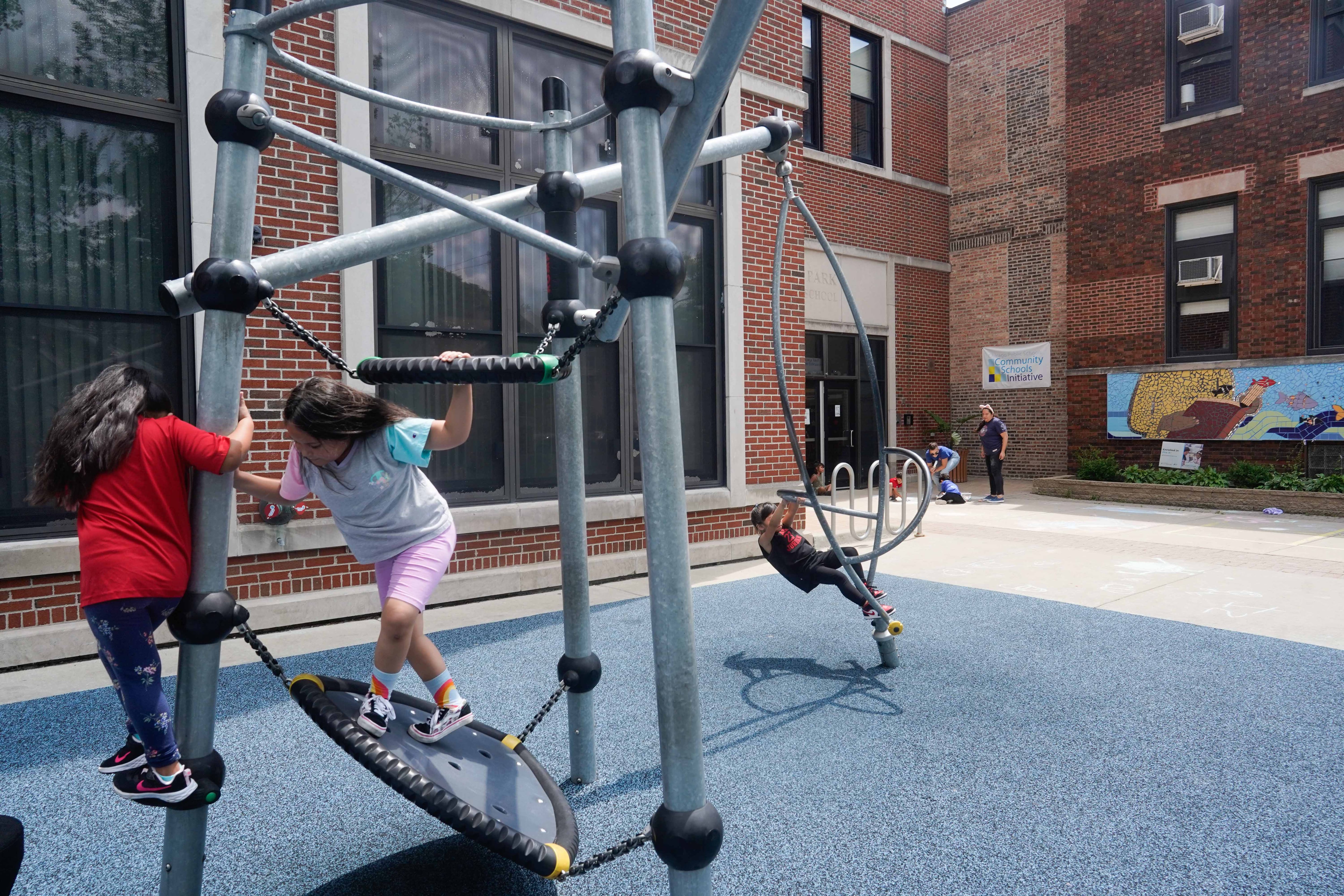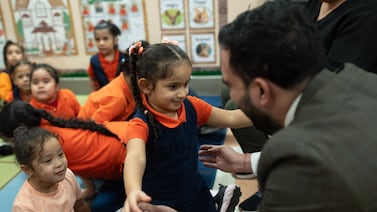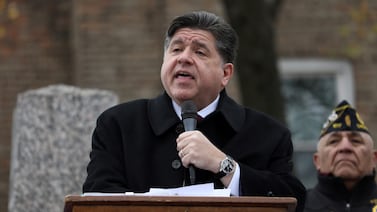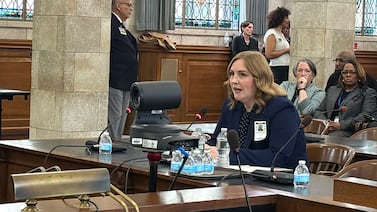No outdoor sports games or practices. Indoor recess. Full water bottles.
Chicago Public Schools sent an email to parents and blitzed them with robocalls Tuesday to outline how the district would deal with an extreme heat watch issued by the National Weather Service for this week.
Temperatures are expected to get close to 100 degrees on Wednesday, with a heat index of 109.
The district said in the letter that all outdoor sports games and practices will be postponed or moved inside on Wednesday and Thursday.
The move comes as districts around the Chicago area are canceling or shifting sports practices and games in response to the heat, ABC7 reports.
The Illinois High School Association, which governs high school athletics across the state, has a heat policy that requires districts to cancel outdoor workouts when temperatures exceed 89.9 degrees and postpone them until temperatures cool off.
On the first day of school Monday, CPS CEO Pedro Martinez said all classrooms have air conditioning, but not all hallways. Many of the district’s aging buildings have had to be retrofitted and do not have strong cooling systems. The district said in the letter that staff will be available this week to fix any broken or malfunctioning air conditioning.
The district also urged students and staff to bring water bottles and keep them filled throughout the day. Officials noted that not every school has bottle fillers, but said students and staff can use sinks and water fountains.
Schools are also being encouraged to turn off the lights and pull down the shades in order to keep rooms cool.
In a statement released late Tuesday, Mayor Brandon Johnson said the district “has spent a lot of time adjusting resources and personnel” to address concerns and make sure buildings are cool enough to work and learn in. He noted that 12,000 water bottles have been donated by the private sector to students and staff.
On Monday, during visits to schools to mark the first day of classes, the mayor fielded several questions about how the looming hot temperatures would impact the district and pointed to his administration’s focus on “climate justice”. He also talked about the fight for air conditioning in classrooms during the 2012 Chicago Teachers Union strike. In 2014, then-Mayor Rahm Emanuel spent $100 million to install window units in classrooms.
Window air conditioners typically last five to 10 years. The district said it has 225 window units on hand if any currently installed in classrooms stop working. Officials could not say how many buildings rely on window units or have central air. Many newer facilities likely have more advanced cooling systems.
In a statement, a district spokesperson said improving school buildings is “a District priority.”
Becky Vevea is the bureau chief for Chalkbeat Chicago. Contact Becky at bvevea@chalkbeat.org.





